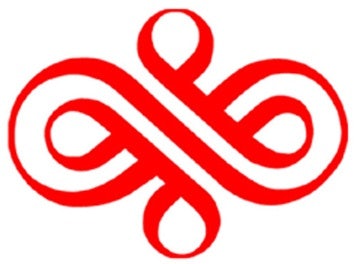Investment Would Be Largest Investment By Chinese Investor In A Public Japanese Company#

Despite Japan's traditional resistance to foreign takeovers of its companies, investment in Japanese companies by Chinese ones has increased by leaps and bounds, particularly in recent years as China scours the globe for foreign technological know-how and smoother entrance into new markets. Last year, as an Economist recently pointed out, the number of Japanese firms purchased by Chinese ones nearly doubled, from around 20 in 2009 to nearly 35 in 2010. Despite the admittedly low base at which these acquisitions started, the psychological effect of these acquisitions in Japan is clearly the story here. As the Economist article goes on to explain:
Many Japanese are uneasy working for Chinese (much as Americans disliked working for Japanese carmakers in the 1980s). When Honma, a high-end golf-club maker, was acquired by China’s Marlion Holdings in March, the staff were “very shocked”, admits one employee. But the firm, whose clubs are handmade and individually numbered, had recently been in bankruptcy. “So we’re just happy to have jobs,” he adds. Honma’s sales are expected to boom as the new owner tempts China’s newly-rich golfers with its posh clubs. But the Japanese employee suspects that recruiting new workers at its factory in Sakata will be a problem: people would rather work for a completely Japanese firm.
One of the aspects of recent acquisitions that we find interesting is the increasing number of high-end Japanese companies being eyed by Chinese companies. Much like Honma, mentioned in the Economist article, many premium Japanese brands -- particularly cosmetics makers like Shiseido or Shu Uemura -- enjoy a certain prestige in China, one that Chinese companies desperately want to co-opt as they set their sights on global -- not just local -- consumers. This week, the acquisition of Renown, one of Japan's most well-known clothes makers, by Shandong Ruyi -- a Chinese textile maker known for its cotton and wool -- illustrated the importance that Chinese companies place on acquiring not just the name, but also the technological processes, managerial skill and global reach of established Japanese companies.
Ruyi will pay about Y4bn ($44m) for a 41 per cent stake in Renown, which runs brands such as D'Urban and Anya Hindmarch, although the deal is subject to approval by the Japanese group's shareholders.
...
Qiu Yafu, Ruyi's chairman, said the Chinese company had been looking for a company that has famous brands, networks and management expertise.
"D'Urban already has several stores in China, is well-known among high earners and is very popular. We have chosen about seven brands that Renown owns [to build up in China]," he said.
Minoru Kitabatake, Renown's president, said the tie-up would allow the struggling 100-year-old Japanese group to boost its capital and expand overseas, particularly in fast-growing China, as well as reduce its cost base.
We'll have to see whether this deal ends up actually going through, but considering the pressure that Renown's largest shareholder, Neoline Holdings, has been putting on it to raise capital and increase overseas expansion, the influx of Chinese funds and greater access to the growing China market that this deal would bring Renown will likely weigh heavily on the board's decision.